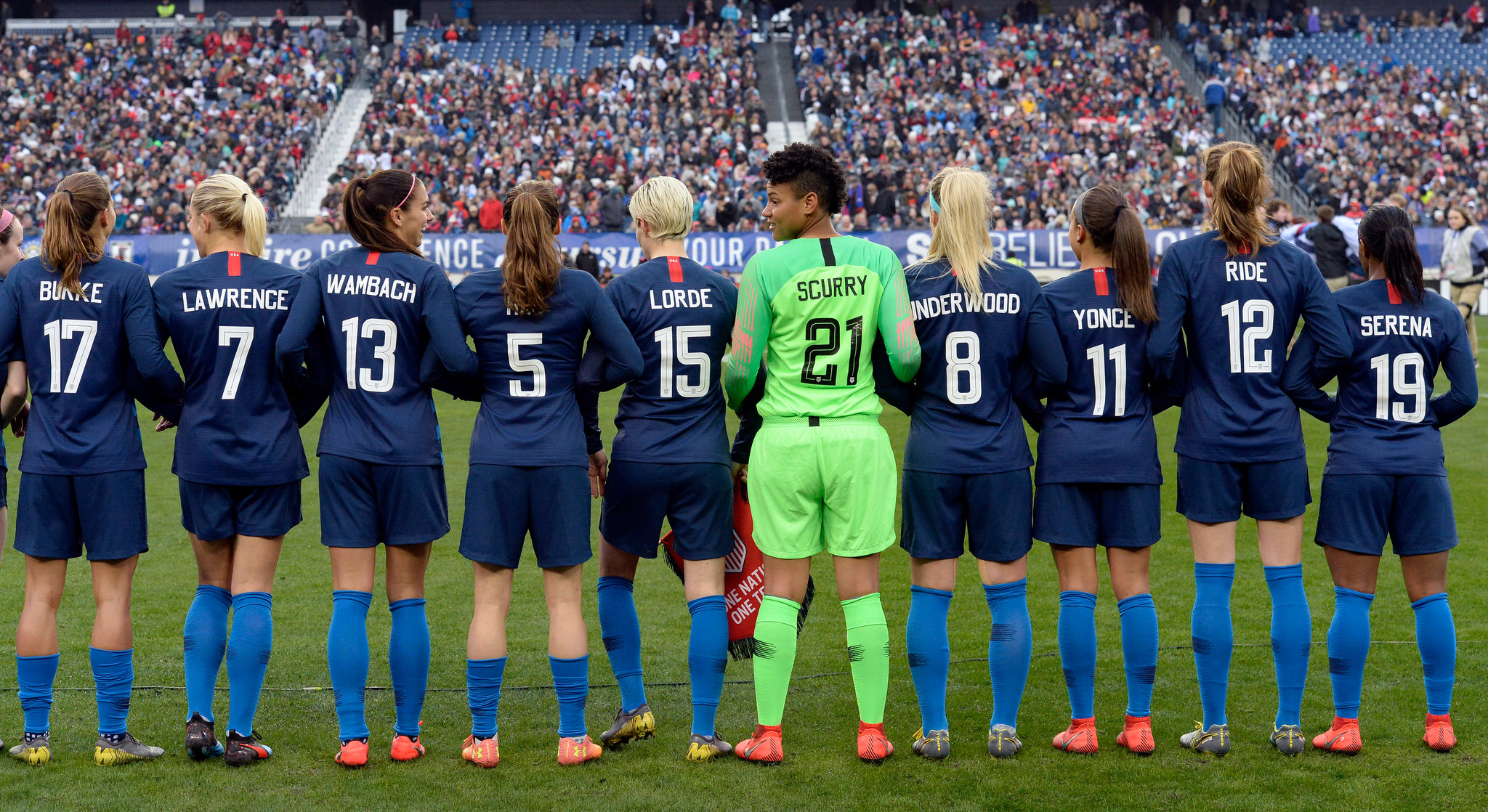Sports are more than points, goals, and trophies. Behind every athlete is a contract. Contracts can make or break careers. If there are problems, fights happen in court. When a player leaves a team, the game changes, and online betting odds can change too.
Why Do Contract Disputes Happen?
Contracts protect both sides. But in sports, things can change quickly. Players may want more money after a great season. Teams may cut players to save cash. Sometimes, promises aren’t kept. That’s where legal trouble begins.
A Real-World Story
In 2011, football player Carson Palmer asked to leave the Cincinnati Bengals. When the team refused, he retired instead of playing. Later, the Bengals traded him to the Raiders. His contract gave him no power to demand a trade. But he forced the issue. This wasn’t a win in court, but it showed how contracts can be bent under pressure.
The Case of Jean-Marc Bosman: A Game-Changer
Jean-Marc Bosman was a soccer player from Belgium. In 1990, he wanted to move to a new team. But his team said no. Bosman took them to court. The case lasted five years, but at the end of the day, the court ruled in his favor.
This ruling changed the entire transfer system in Europe. Now, players can leave for free when their contracts end. Bosman’s legal fight gave power back to athletes, but it also hurt his own career. He never played professionally again.
Common Causes of Contract Trouble
- Misunderstood terms – vague language can lead to confusion
- Performance-based disagreements – bonuses or playtime triggers
- Injury clauses – who pays if a player gets hurt?
- Morality clauses – behavior that brings “shame” to the team
- Early termination – when teams or players try to exit early
These issues often trigger major disputes.
Dramatic Consequences
Think about this: A player signs for five years, gets injured in year two, and wants to leave. The team says no. The courts get involved. Now, fans are angry. The locker room is tense. The coach is caught in the middle. A bad contract battle can ruin a whole season.
Ricky Williams and the Fine Print
In 2004, NFL player Ricky Williams retired unexpectedly. But his contract required him to repay millions to the Miami Dolphins if he quit early. The team sued him. Williams returned the next year to avoid the financial hit.
When Teams Are the Ones to Blame
It’s not always the player causing problems. Sometimes, the team violates the contract. In Major League Baseball, Alex Rodriguez had a $252 million deal with the Texas Rangers. Later, the team tried to shed payroll. He was traded to the Yankees. His original contract remained, but not all players are so lucky.
In many smaller sports, teams fold or change ownership. Players are left unpaid or jobless. Some take legal action, but many don’t have the money or platform to fight.
A Light but Informative Moment
Picture this: You sign a deal to play basketball overseas. You’re promised housing, food, and a salary. But when you land, there’s no apartment. Your paycheck’s late. The team says, “It’s coming.” Weeks go by. This happens more than you’d think. That’s why reading your contract—and knowing your legal rights—is critical.
Colin Kaepernick vs. the NFL: A Modern Legal Storm
Colin Kaepernick claimed NFL teams colluded to keep him from playing after he protested during the national anthem. He filed a grievance under the NFL’s labor rules. In 2019, the case was settled privately. The terms were never revealed.
This case wasn’t about missed payments or injuries. It was about speech, image, and power. It showed how athlete rights go beyond just game time.
Are These Battles Hurting Sports?
Yes and no. Contract disputes bring negative headlines. But they also highlight the business side of sports. Fans learn more. Players fight for fairness. Leagues become more professional. In the long run, the spotlight on bad deals often forces better ones in the future.
The Role of Agents and Legal Teams
Agents and lawyers must protect their clients. That means more than getting a big number. It means ensuring every clause is fair and clear. A missed detail can cost millions—or a career.

